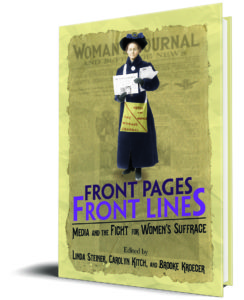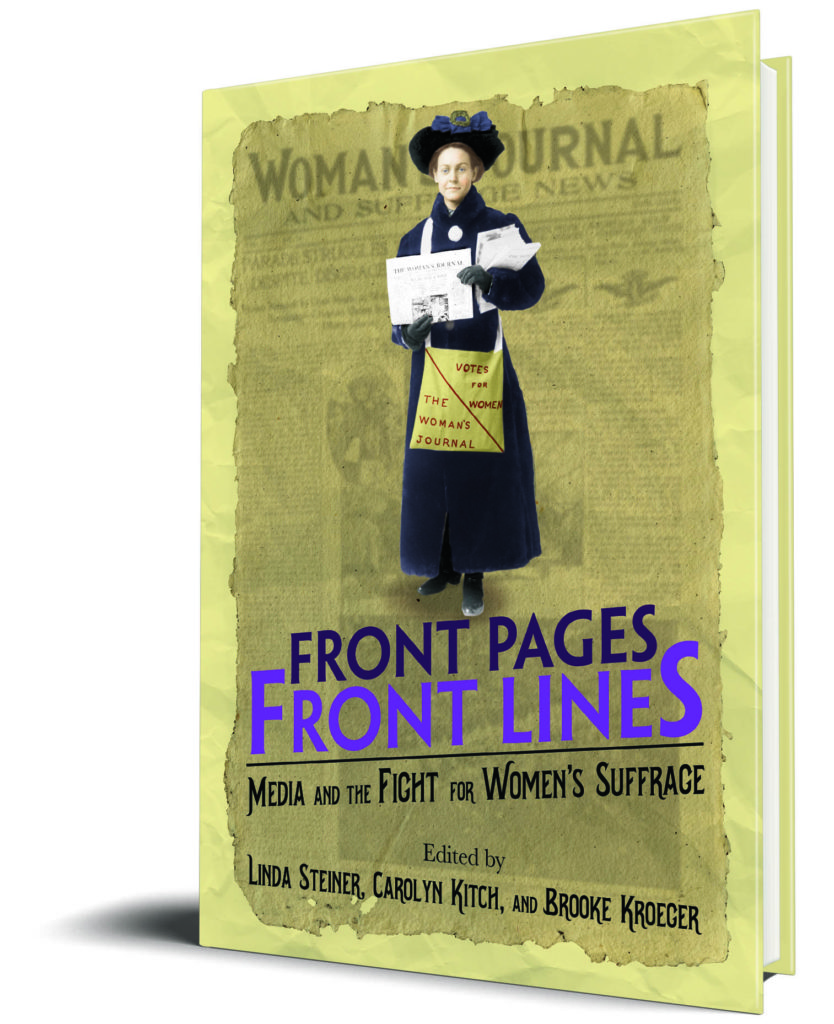VIDEO: JANE MARCELLUS ON DISCOURSES ON MASCULINITY IN THE NASHVILLE PRESS
In Chapter 8 of Front Pages Front Lines Prof. Marcellus of Middle Tennessee State, offers a close reading of a crucial state in 1920, when the entire country was watching to see if Tennessee would become the 36th and final state to ratify the 19th Amendment.The relatively liberal Nashville Tennessean, roughly aligned with the progressive “New South” view, supported ratification; the “Old South” Nashville Banner remained opposed. Offering a counterpoint to the usual emphasis on competing versions of womanhood, Marcellus contends that instead, for both newspapers, competing views of southern white masculinity were at stake.”

